Board of Directors
Our Board is dedicated to promoting our mission and providing financial oversight for organizational stability. Each Director brings unique cultural identity and professional expertise, ensuring diverse leadership. Read about Heritage BC Board Responsibilities below.
Heritage BC Board of Directors
Keri Briggs
Chair
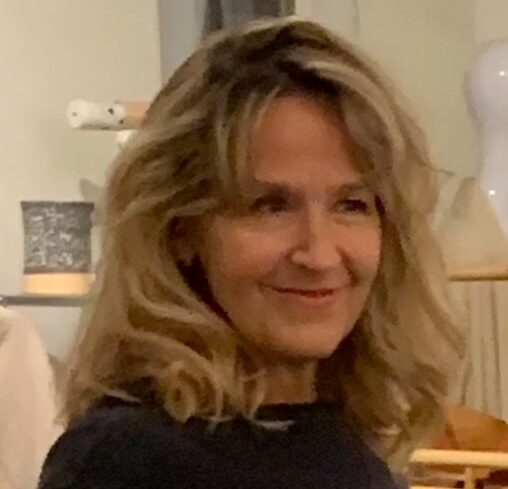
Keri Briggs has been working with historical buildings for over 18 years. In her role as Vice President of Business Development with Vintage Woodworks Inc., Keri creates opportunities for heritage restoration, rehabilitation and façade replication of heritage buildings. She works closely with architects, designers, engineers and Heritage Consultants to find ways to retain heritage buildings while working towards guidelines of both energy efficiency and building codes. By providing ‘lunch and learns, presentations, and on-site discussions she is able to support both conservation and development of heritage buildings. Keri has been a volunteer with Victoria Heritage Foundation Grants committee, sat on the Victoria City Heritage Council and volunteered with the Heritage BC HLF grant committee. Serving on the Heritage BC board, she hopes to bring a strong voice that can speak to the facts that heritage conservation enhances our cultural identity, promotes education of our province, increases tourism and economic development, stimulates job growth ranging from restoration to the film industry, and beyond, and enriches our architectural and artistic achievements.
Judith Mosley
Vice-Chair
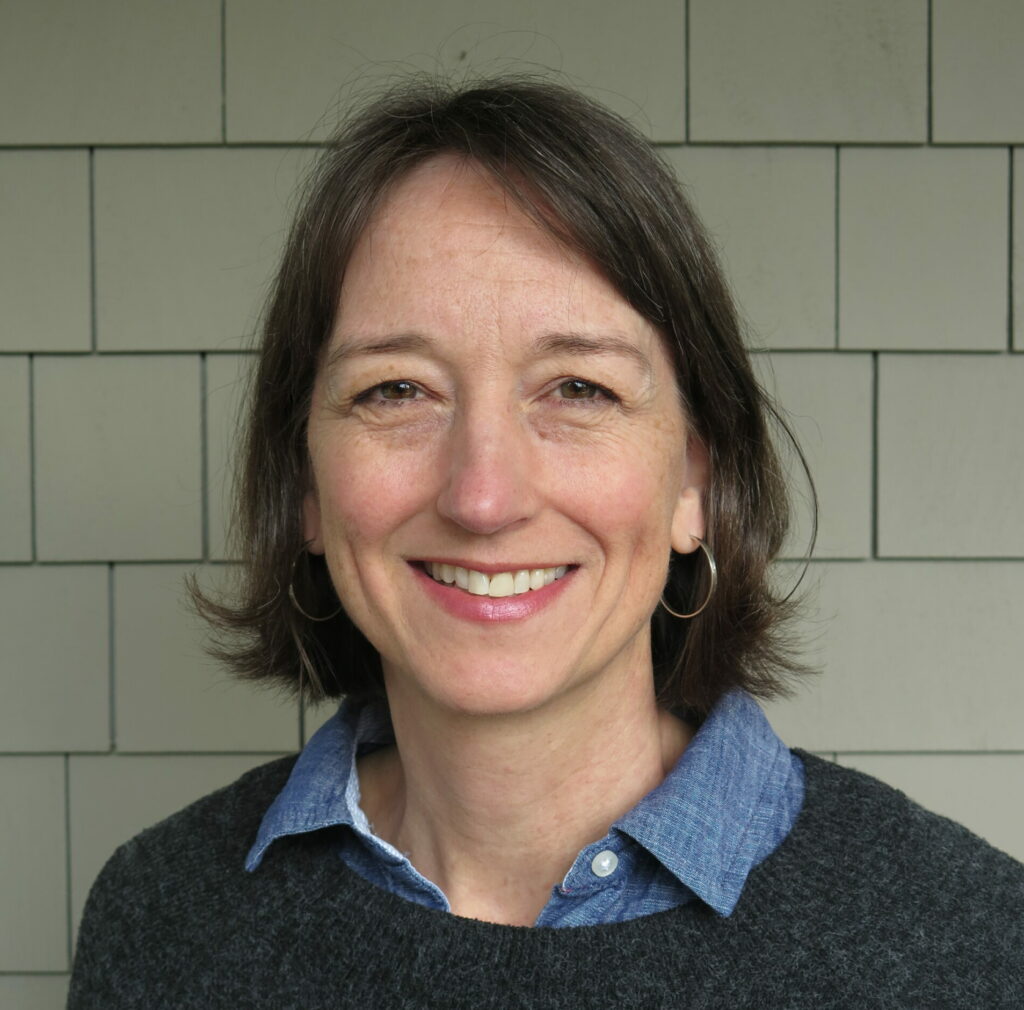
Judith is a heritage professional currently working in heritage planning with the City of Richmond. A member of the Canadian Association of Heritage Professionals, she studied History and the Conservation of Historic Buildings before serving as Executive Director of Vancouver Heritage Foundation from 2013 to 2021. Finding inspiration in all sorts of historic buildings, sites and landscapes, Judith's work has often highlighted the opportunities that heritage places can offer including connecting to diverse community stories and deepening understanding, enriching our daily environments, and contributing to local economies and a more sustainable future.
Read More
Judith is pleased to contribute to Heritage BC’s work supporting communities throughout the province in recognizing, caring for and sharing the heritage places and cultural heritage that they value. Her experience in non-profit leadership and operations is complemented by a background in business management, marketing and communications.
Ben Capps
Treasurer
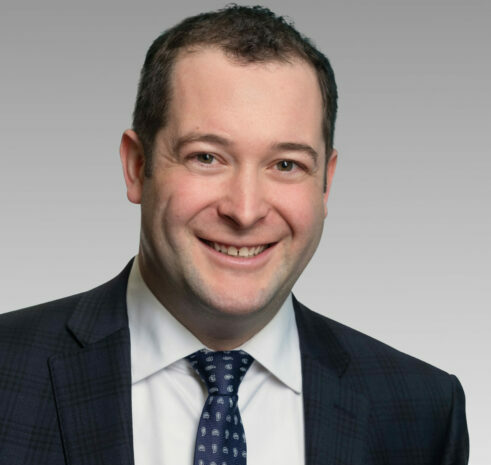
Ben Capps is a Chartered Accountant and Partner at Smythe LLP who lives and practices on the unceded territory of ʷməθkʷəy̓əm (Musqueam), Sḵwx̱wú7mesh (Squamish), and səlilwətaɬ (Tsleil- Waututh) Nations. He has spent the last 19 years working with a variety of private and not-for-profit clients providing auditing, accounting, Canadian tax compliance, company divestitures and acquisitions, arranging financings and corporate reorganizations. His practice spans several industries including construction and real estate, hospitality, forestry, manufacturing, and professional services and he enjoys working closely with his clients and advising them on business matters.
Read More
Ben’s volunteer history includes serving as a Director and Treasurer of the Canadian Animal Assistance Team, as a Director and Audit Committee member of Seva Canada, and as President and Council member on multiple strata corporations. Ben looks forward to learning more and contributing to the identification and preservation of heritage assets, particularly in the context of ecological sustainability, development, and reconciliation.
Rizwaan Abbas
Director

Rizwaan Abbas was born and raised in Sparwood on the ancestral land of the Ktunaxa Nation. He has an Associate’s Degree from Douglas College, a BA in Archaeology from SFU, an MSc. in Paleoanthropology and Paleolithic Archaeology from University College London (UK) and a PSc. in Collections Management from UVic. He is a Director of the Indo-Fijian Cultural Society of Canada and has been working in culture resource management for over two decades. Rizwaan is an archaeologist for the Semiahmoo First Nation and a member of the Historical Discrimination against People of South Asian Descent Advisory Committee, in Vancouver, and the South Asian Canadian Museum Engagement Committee.
Read More
Rizwaan was a guest editor of BC History Magazine and has curated an exhibit titled, “Surrey’s Pocket of Paradise” at the Museum of Surrey and authored a Chapter in the book, “The Social History of South Asians in British Columbia,” published by the University of the Fraser Valley.
Gavin Chamberlain
Director
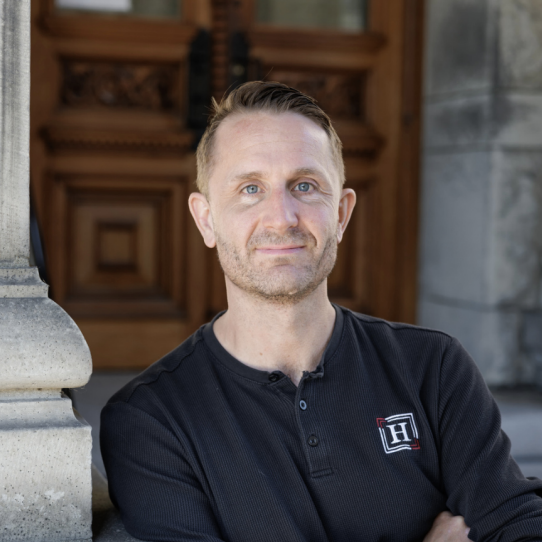
Gavin is a heritage professional with a background in history and hands-on building conservation. Originally from England, he was inspired by the historic architecture that surrounded him—stone houses, castles, churches, and the craftsmanship embedded in them. After studying History at the University of Manchester and travelling through Europe and Asia to explore historic sites, he developed a deep respect for traditional materials and techniques. Gavin approaches repair work as both an honour and a responsibility, aiming to preserve the original intent and evolving purpose of heritage structures. He lives and works on the traditional and unceded territory of the lək̓ʷəŋən-speaking peoples, including the Songhees and Esquimalt Nations, and the WSÁNEĆ peoples, and continues to learn from the knowledge and histories of these lands.
Kate Cox
Director
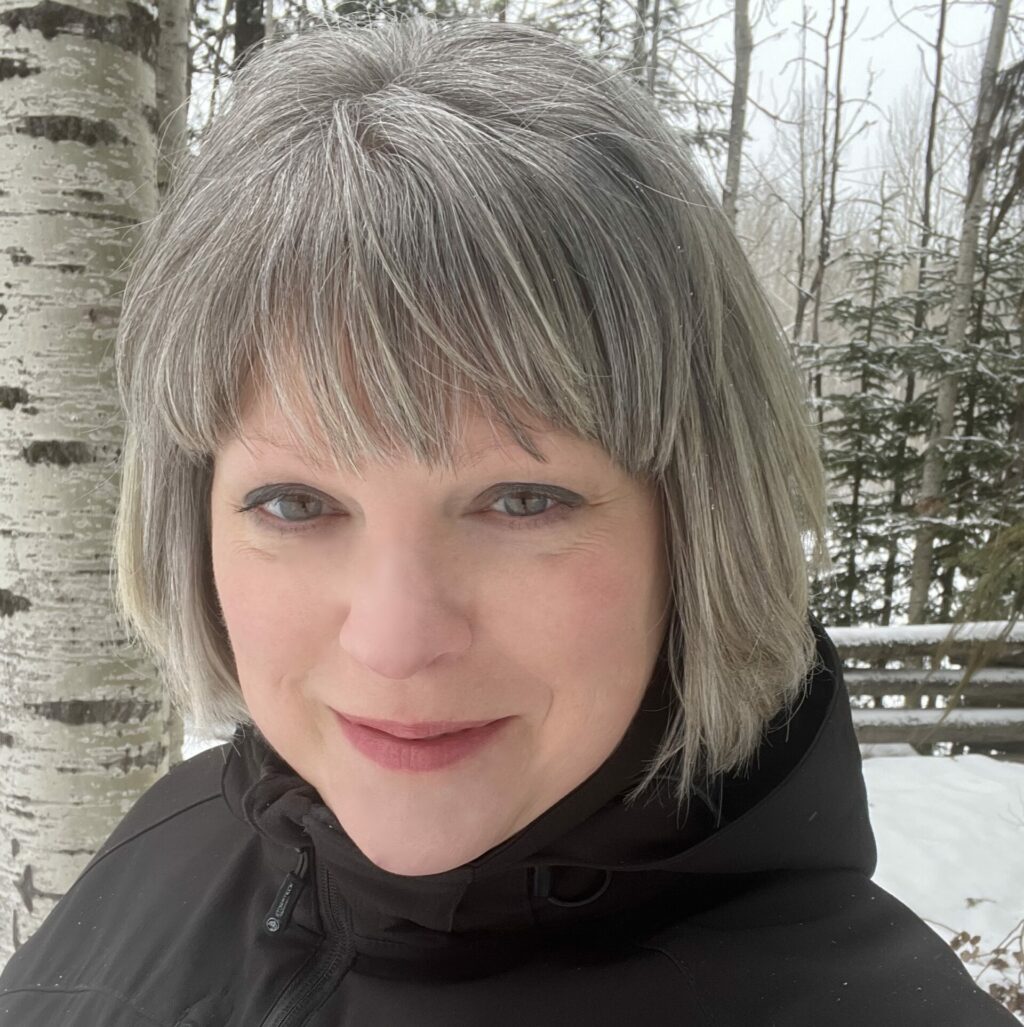
Kate Cox holds a BFA in Art History from the University of Illinois and has almost three decades of combined heritage conservation and environmental permitting experience working in both the US and Canada. For the last decade, she has specialized in Heritage Tourism and rural development projects. She was CEO of Barkerville Heritage Trust from 2000-2024.
Suki Dhillon
Director
Suki Dhillon has decades of experience as an active executive, board, and committee member for union, non-profit, institutional, and co-operative organizations. She is new to the heritage sector and is excited about the present questioning of the cultural and economic power relations that previously defined heritage. Suki believes that each of our families’ stories and artefacts are significant; her goal is to increase awareness of the histories of our province’s diverse communities. She was a presenter in the session “Planning for Cultural Identity: Hearing the Voices of the Community” at the 2019 Heritage BC Conference. Suki’s main interests are the history of South Asian Canadians in BC and Franklin River logging camp on Vancouver Island, where her father worked for 38 years.
Kristina Hannis
Director

Kristina Hannis is of Anglo Scandinavian ancestry and grew up in Treaty Six Territory. She received an MA in Archaeology from Simon Fraser University, and has resided on xwməθkwəyə̓ m (Musqueam), səlilwətaɁɬ (Tsleil-Waututh) and Swwú7mesh (Squamish) Nations’ territory for the past 15 years. Currently she works as a researcher for the Union of BC Indian Chiefs, completing historical, archaeological, and community research towards the advancement of specific claims. She has had the privilege of working on a diversity of heritage projects, including small museum exhibits, archaeological assessments, advocacy, and cultural heritage mapping projects.
Dianne Hinkley
Director
Orville D Lim
Director
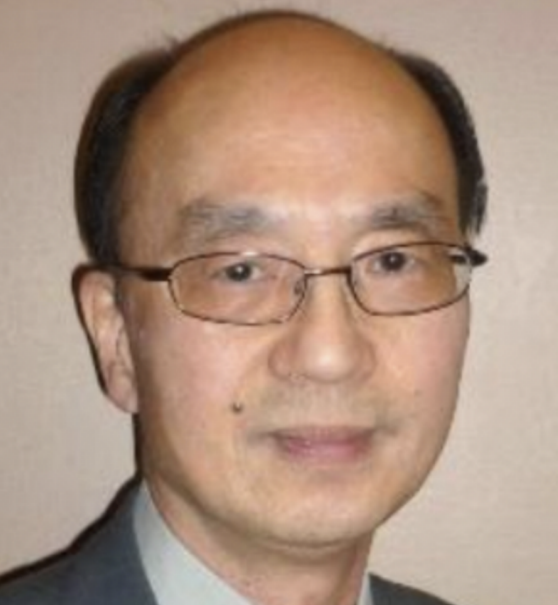
Orville is a retired accredited appraiser and real estate professional who has worked across British Columbia, including on notable heritage properties in Chinatown, Gastown, and Yaletown. He served as Property Assessment Analyst at BC Hydro, managing a portfolio of approximately 4,500 assessment folios. His conservation work on the 1903 Chinese Empire Reform Association headquarters in Vancouver’s Chinatown National Historic Site, earned him awards from both Heritage BC and the City of Vancouver. Orville continues to volunteer with the Appraisal Institute of Canada and contributes his expertise in heritage valuation and value-based redevelopment as a member of the Heritage BC Board.
Christina Reid
Director
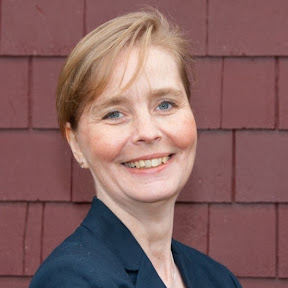
Christina Reid lives, works and plays in the Fraser Valley, S’ólh Téméxw, the traditional, ancestral, unceded territory of the Stó:lō Nation. She holds a Master’s Degree in Archaeology and Heritage from Leicester University (UK), with a specialty in built heritage. A firm commitment to these academics, combined with work experience and an internship at The Royal Armoury in Stockholm, served as an excellent preparation for her position with the Heritage Abbotsford Society, where she began working in 2009. Christina was the Society’s Collections Manager for 8 years, and has been its Executive Director since 2017.
Read More
In the meantime, she has honed her research, publishing and administrative skills, and combines this with training in Collections Care and Museology. She is keen to create opportunities for heritage organizations, universities, and related industries to build strong, supportive partnerships, and to support emerging heritage professionals; Her passion isn’t only archaeology and built heritage, but more specifically, she feels it is paramount that professionals pass on their skills to others, and especially the next generation of heritage professionals. Christina’s “Mission Statement” is to promote the protection the cultural heritage of Indigenous peoples by leveraging her position of privilege to create opportunities to train, participate, and benefit economically in this industry.
Lillian Rose
Director
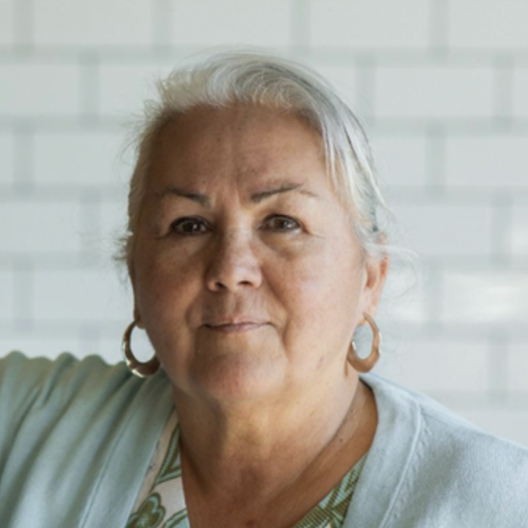
Lillian has dedicated her career to advancing Ktunaxa Rights and Title and contributing to the organizational strength of the Ktunaxa Nation. She has worked extensively on community-led land use planning in ʔamakʔis Ktunaxa, stewarding traditional land use knowledge while supporting visioning for the future. Passionate about working in cross-cultural environments that serve people and strengthen communities, Lillian brings her leadership skills to the Heritage BC Board.
Heritage BC Board Responsibilities
Responsibilities
Directors champion our mission, oversee finances, and approve organizational goals and policies. Terms are two years with a maximum of three terms, totaling six years of service.
Meetings
The Board of Directors meet virtually monthly (excluding August). The Heritage BC's Annual General Meeting is held virtually in May, providing an opportunity for members to engage with the Board and provide feedback on our initiatives. Attendance at the Annual Heritage BC conference is also highly encouraged, fostering networking and collaboration among our members.
Committees
Active committees include Governance, Building Code Advocacy, Awards, Ancient Heritage, and Heritage Legacy Fund Task Force. They support the Board in advancing organizational objectives.
